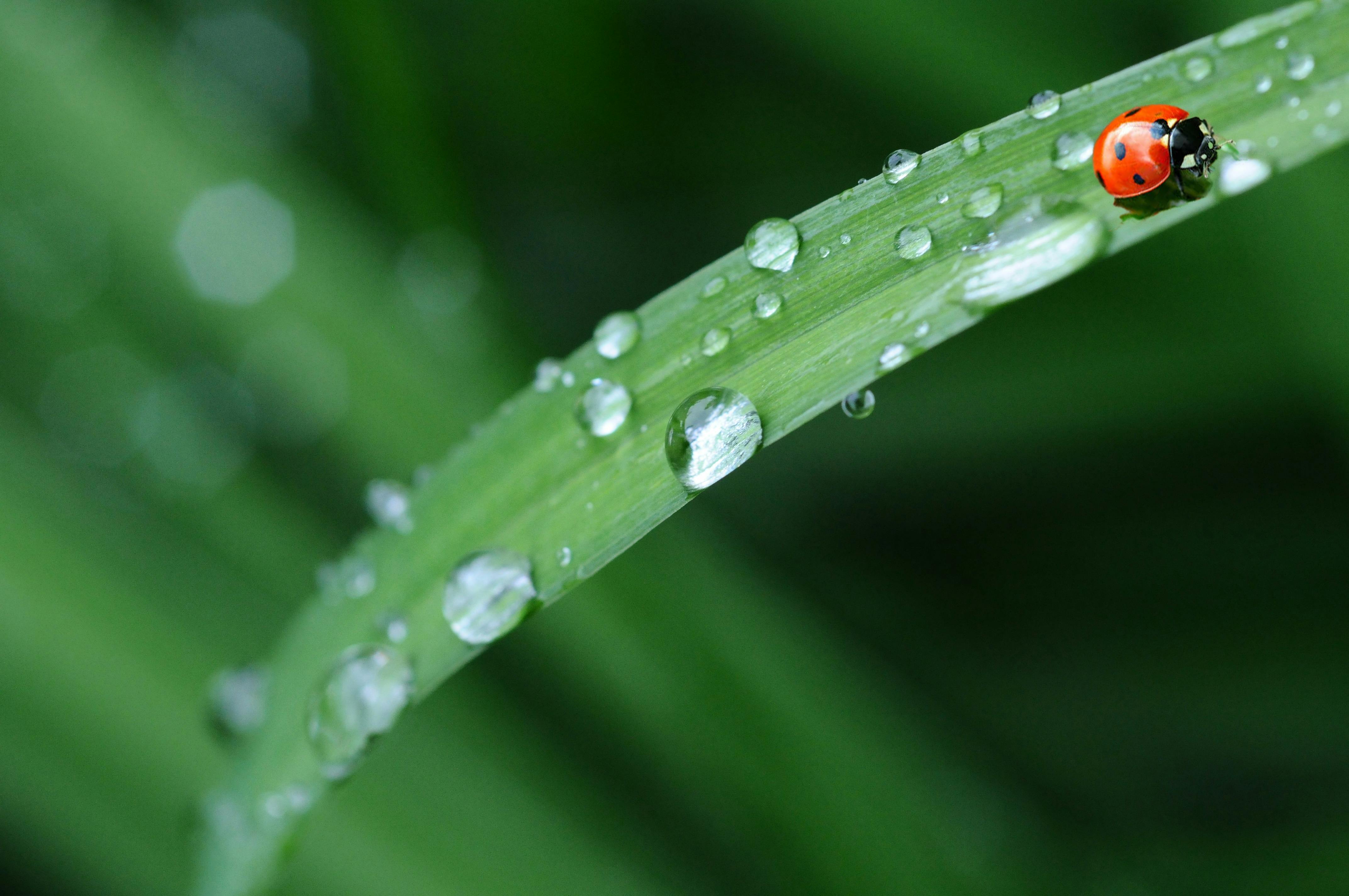When it comes to choosing the best water for drinking, it can be difficult to decide between distilled and spring water. Both types of water have their own benefits, and it can be hard to determine which one is the better choice. In this article, we will compare the differences between distilled and spring water in order to determine which one is better for drinking. We will look at their nutritional content, flavor profile, cost, and environmental impact in order to decide which type of water is the best choice.Distilled water is water that has been heated to a boiling temperature and then cooled, so that impurities in the water are removed. It is commonly used for medical and scientific purposes, as the absence of minerals makes it a purer form of water than regular tap water.
Spring Water
Spring water is a type of natural water that is sourced from underground springs, or from the surface of the earth. It is typically found in areas where there is a natural aquifer, or underground supply of water. Spring water is usually collected from a well or a borehole, and is considered to be one of the purest sources of drinking water available. It has very low levels of chemicals and contaminants, and can be consumed without any further treatment. Spring water is often bottled and sold as a premium product in many parts of the world. It is also used in some medical treatments, such as for dialysis and other forms of hydration therapy.
Spring water has many benefits over other sources of drinking water, such as being free from pesticides, heavy metals, chlorine, bacteria, and other pollutants that are commonly found in ground water sources. It also has naturally occurring minerals that support healthy hydration levels in the body. In addition to being free from contaminants, spring water also contains beneficial minerals like calcium, magnesium, potassium and sodium which have been shown to have health benefits when consumed regularly.
The main disadvantage of spring water is its cost; it tends to be more expensive than regular tap or filtered water due to its premium status. However, for those looking for high-quality drinking water with minimal contaminants and beneficial minerals added, spring water may be worth the extra cost.
Benefits of Drinking Distilled Water
Drinking distilled water is becoming increasingly popular as people become aware of the health benefits it can offer. Distilled water is created through a process of distillation, which involves boiling water and collecting the steam that results from it. This steam is then condensed back into liquid form, creating distilled water. Distilled water is free of impurities, bacteria, and other contaminants that can be found in untreated tap or well water. As such, there are numerous health benefits associated with drinking distilled water.
One of the most significant benefits of drinking distilled water is that it can help to reduce the risk of certain diseases. Since distilled water is free from contaminants and toxins, it can help to prevent illnesses caused by these substances entering the body. Additionally, since distilled water contains fewer minerals than regular tap or well water, it may help to reduce the risk of developing certain kidney and bladder stones as well as other mineral-related diseases.
Another benefit of drinking distilled water is that it may help to improve overall hydration levels in the body. Since distilled water does not contain any minerals or contaminants, it can be absorbed more quickly into the body than regular tap or well water. This means that those who drink distilled water will stay hydrated for longer periods without having to drink large amounts at once.
Finally, drinking distilled water can also provide a number of aesthetic benefits as well. Since distillation removes all impurities from the liquid, those who drink distilled water often report improved skin tone and texture as well as brighter eyes and whiter teeth due to reduced mineral deposits on these surfaces.
Benefits of Drinking Spring Water
Drinking spring water can provide several health benefits. Spring water is a natural source of essential minerals and electrolytes, including calcium, magnesium, potassium, and sodium. These minerals are important for maintaining good health and regulating bodily functions. Spring water also contains trace amounts of other beneficial elements such as iron and zinc.
Spring water is also known to be free from contaminants and pollutants found in other types of water sources. This is because it is sourced from deep underground springs that are not exposed to environmental contaminants. This means that drinking spring water can reduce the risk of ingesting harmful substances such as heavy metals or chemicals that can be present in other forms of drinking water.
Spring water is also rich in antioxidants which can help fight free radicals in the body. Free radicals are unstable molecules that cause damage to cells and tissues, leading to premature aging and disease. Antioxidants neutralize these free radicals, helping to protect your body from cellular damage and chronic illness.
Finally, drinking spring water has been linked with better hydration than regular tap or bottled water because it contains less sodium than other sources of drinking water. This makes it ideal for those who are trying to reduce their salt intake or who have medical conditions that require them to keep their sodium levels low.
Drawbacks of Drinking Distilled Water
Drinking distilled water has its benefits, but it also has drawbacks. Distilled water is lacking in essential minerals, such as calcium and magnesium, that are naturally present in other types of drinking water. These minerals help the body to regulate metabolic functions and maintain healthy bones and teeth. When we drink distilled water exclusively, our bodies can become deficient in these important minerals.
Another drawback to drinking distilled water is that it can be quite expensive. Distillation requires special equipment and can be time consuming, so bottled distilled water can often be more expensive than other types of bottled water.
Distilled water is also more acidic than other types of drinking water, as it lacks the buffering capacity of minerals like calcium and magnesium. This can cause problems with digestion as the acidity affects our stomach acid levels. Additionally, acidic conditions in the body can lead to inflammation which has been linked to numerous chronic illnesses including heart disease and diabetes.
Finally, distilled water does not contain fluoride which is an important mineral for maintaining healthy teeth and preventing cavities. Most public tap and well waters are treated with fluoride for this purpose, but with distilled water this benefit is lost.
Overall, there are many potential drawbacks associated with drinking distilled water regularly that should be considered before making it part of your regular hydration routine.

Drawbacks of Drinking Spring Water
Although drinking spring water can be beneficial for overall health, there are some drawbacks associated with it. Spring water is generally more expensive than tap or bottled water, making it an unrealistic option for many people. Additionally, spring water may contain traces of minerals and other substances that can have a negative effect on health. For example, high levels of calcium or magnesium can cause problems like kidney stones or digestive issues.
Spring water may also contain bacteria and other contaminants that can be harmful to drink. It is important to have the source of the spring tested regularly to ensure its safety before consuming the water. Even if the source is deemed safe, it is still recommended to filter spring water before drinking it in order to remove any potential contaminants.
Finally, there is no guarantee that the quality of spring water will remain consistent over time. Depending on environmental conditions and changes in the area surrounding the source, the quality of spring water can vary significantly from season to season. This means that even if a particular source has been deemed safe in past tests, it may become unsafe in the future due to changes in its environment.
Distilled Water Vs. Spring Water Comparison
When it comes to choosing the right type of water to drink, it can be a difficult decision. Two of the most popular types of water are distilled water and spring water. While both types of water provide different benefits, there are some significant differences between them that should be considered.
Distilled water is created through a process called distillation, which involves boiling water and then collecting the steam in another container, where it cools and condenses back into liquid form. This process removes most contaminants from the water, making it safe to drink. However, because the distillation process removes many minerals from the water, it can also have a flat taste.
Spring water is sourced from deep underground aquifers where it has been filtered naturally through rocks and soil over time. This natural filtration process produces cleaner and healthier drinking water than tap or surface waters. Spring water also contains many of the minerals that are removed during distillation such as calcium and magnesium which give it a much better taste than distilled water.
When it comes to deciding between distilled or spring water, factors such as taste, health benefits, cost and availability should be taken into consideration. Distilled water is generally cheaper than spring water and can be found in most grocery stores or convenience stores. However, if you’re looking for a source of clean drinking water with added health benefits then spring might be the best option for you.
Health Considerations when Choosing Between Distilled and Spring Water
Choosing between distilled and spring water can be a difficult decision. Both types of water have their own advantages and drawbacks, so it’s important to consider the health implications of each before making your choice. Distilled water is created by boiling normal tap water and then condensing the steam back into liquid form. This process removes all minerals, impurities, and contaminants from the water, resulting in pure H2O. While this may sound great in theory, drinking distilled water can actually lead to mineral deficiencies in your body over time. On the other hand, spring water is naturally sourced from underground springs and contains various minerals which are beneficial for your body. It can also contain contaminants that are not removed through processing, so it’s important to make sure you are purchasing spring water from a reputable source. Ultimately, the healthiest choice for you depends on your individual needs and preferences.
If you are looking for a purer type of drinking water without any added minerals or contaminants, then distilled may be the better option for you. However, if you want a more balanced beverage that contains natural minerals like calcium and magnesium, then spring water would be the better choice for your health needs. Additionally, if you have any pre-existing medical conditions or dietary restrictions that require you to limit your intake of certain substances or minerals, then it’s important to speak with a medical professional before making your decision about which type of drinking water is best for you.

Conclusion
In conclusion, both distilled and spring water offer distinct benefits. Distilled water is free of any contaminants, while spring water is rich in minerals. Depending on the individual’s needs and preferences, either option can make a great choice. Those who live in areas with contaminated tap water should opt for distilled water for their drinking needs. Those who want to get their daily dose of minerals should choose spring water instead. Both options are generally safe for consumption, depending on where they come from and any treatments they may have undergone.
Ultimately, it is up to the individual to decide which type of water is best for them. All types of water have different benefits, so it’s important to do your research and choose the best option for your own personal health needs.

